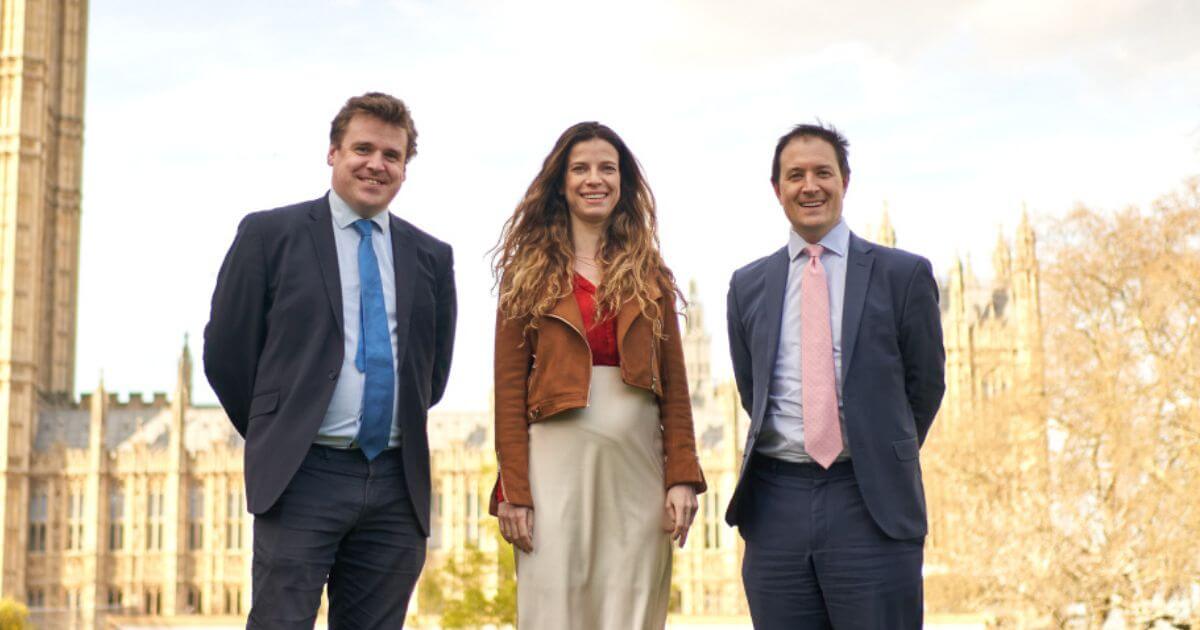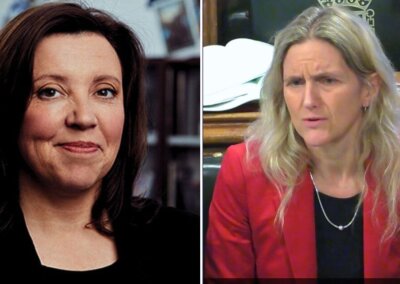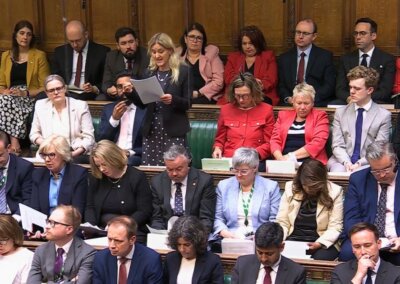Opponents of Kim Leadbeater’s assisted suicide Bill are being urged to help defeat the Bill by visiting their MPs and asking them to vote against the Bill, as a former MP said that visiting MPs “makes a difference”.
Ahead of Report Stage of the Terminally Ill Adults (End of Life) Bill on 16 May and Third Reading, which will likely be in June, former MP for Ipswich, Tom Hunt, made it clear that meeting with an MP works, saying “Trust me, visiting your MP makes a difference”.
Hunt said “It was always clear to me that if a constituent requested a meeting with me, it meant they placed a particular degree of importance on a given topic. Letters and emails are, of course, of value, but meeting requests are a level above”.
Hunt shared an experience that illustrated the impact of meeting constituents, explaining how he once received a lot of emails complaining about special needs provision. However, “things escalated and I remember that for three weeks about 60% of constituents I was meeting at my surgeries were raising concerns about special needs provision. This had a real influence on me and led me to make special educational needs provision one of my top three priorities as the local MP”.
Meeting MPs in person is the most effective way of influencing MPs to vote against the Bill
The call to contact MPs comes as Kim Leadbeater announced the next stage of her assisted suicide Bill would be delayed by three weeks, leading to accusations that the Bill is “shrouded in chaos” and concerns that it is unfit for purpose.
The delay drew widespread criticism, with critics blasting the organisation of the Bill as “chaos”. Conservative MP John Lamont said “This Bill continues to be shrouded in chaos. It’s becoming beyond a joke”, whilst Dr Rajiv Shah, a former Government advisor, expressed similar sentiments, posting on X “Kim Leadbeater pushed for the Committee to sit well into the evening (8pm, 10pm and even past midnight) rather than allow additional days. This was all done because of the need to meet the 25th April deadline. In the end she wasn’t ready for it. Chaos”.
Following this delay, Tom Hunt shared that meeting MPs in person is the most effective way of influencing MPs to vote against the Bill. He said “This is a hugely important issue. I would encourage everyone… to email or write a letter, but meeting in person is a step beyond that; it makes an MP feel connected to their constituents and, on this issue, this is absolutely vital. It has more chance of cutting through. There are 650 MPs. We need them to vote the right way. Please request a meeting with your local MP”.
“Most MPs want to meet their constituents”
Hunt made his comments in a video interview with Right To Life UK’s Madeline Page in which he pointed out the importance of sharing personal stories and real-life examples with MPs that show the risks or problems with introducing assisted suicide, saying “On this issue, assisted suicide, clearly an incredibly emotive issue, I’m sure that there are many people out there, many people watching this who have got stories on this topic, case studies, and I would encourage them to share those stories with their MP”.
He went on to say that “the vast majority of MPs are very happy to see constituents”, encouraged constituents to find their MP’s email address and contact them, and said that they could expect to meet within a “week or two”. Hunt was keen to point out that meeting an MP is “not something you should be concerned about” because “it’s something the MP does all the time” and “most MPs want to meet their constituents”.
Importance of meeting MPs who voted for and against
Rupert Evans, Director of Public Affairs at Right to Life UK, explained the dangers of the Leadbeater Bill and underlined the importance of contacting MPs, saying, “Legalising assisted suicide would send a message that not all lives are worth living. It would send a message that not everyone has equal dignity”.
Evans pointed out that “very few” of the amendments proposed during Committee Stage were successful and highlighted the removal of the Bill’s flagship safeguard, High Court oversight, as one of the Bill’s significant problems. This was recently identified by Ali Fortescue, political correspondent for Sky News, as the “main issue” for MPs who are considering whether to change their vote.
Evans also urged constituents to meet with MPs who voted for the Bill to highlight these issues, saying “The key thing is to make sure that we’re mobilising now to speak to our MPs and to talk to them about the problems of this Bill. For those MPs who voted in favour of the Bill at Second Reading in November, it’s vitally important that we… make them aware of the many problems with the Bill after Committee Stage, and actually the Bill is weaker than it was previously, and key safeguards have been removed and that some of the concerns they may have had at Second Reading have not been resolved”.
“It’s really important that we explain to them that this Bill can still be defeated”.
“It’s very important that they turn up for the remaining stages in Parliament in order to vote against the Bill once again”.
Right To Life UK has launched a dedicated mini-site that guides members of the public through the process of arranging and preparing a meeting with their MP.
Spokesperson for Right To Life UK, Catherine Robinson, said “With three extra weeks until the next vote, we know the assisted suicide lobby will not be standing still and will be using every minute of this extra time. That is why it is imperative to reach as many MPs as possible between now and Third Reading to persuade them to oppose this dangerous Bill, and remind those in favour to be present for the vote”.
“Tom Hunt has illustrated that constituents taking the time to visit their MP in person is the best way to make a significant difference with this Bill. Every meeting with an MP counts, so it is vital that each constituent arranges a visit with their MP”.












